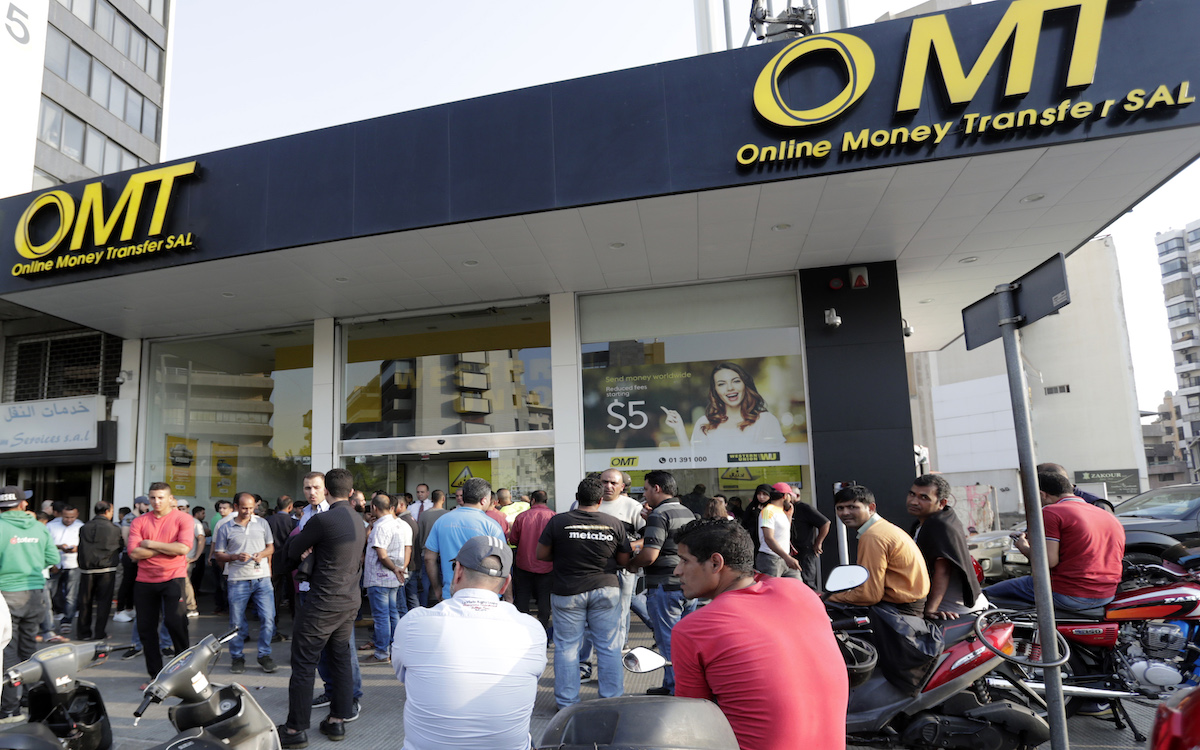
by cryptopotato.com — Dimitar Dzhondzhorov — Turning to Crypto
Unsurprisingly, those Lebanese who have not left their nation due to the financial crisis have been looking for alternatives to preserve their wealth. The 27-year-old Georgio Abou Gebrael said he first heard about bitcoin in 2016 and considered it a scam. As Lebanon’s economic collapse intensified, though, he changed his mind and started viewing the primary cryptocurrency as salvation. Gebrael, who worked as an architect, lost his job in 2020 and could not withdraw his bank savings as all domestic financial institutions banned such transactions. Fortunately for him, he connected with employers willing to pay him in bitcoin. His first job was to film an ad for car tires, and he got paid $5 worth of BTC. Despite the insignificant amount, Gebrael was keen on having some assets banks could not seize or block access to. Today, he takes bitcoin for almost every job he does, claiming the asset has become his bank: “Bitcoin has really given us hope. I was born in my village, I’ve lived here my whole life, and bitcoin has helped me to stay here.”
Speaking on the matter was also Ray Hindi – the CEO of L1 Digital AG – who was born and raised in Lebanon but left at the age of 19: “The situation hasn’t really changed since 2019. Banks limited withdrawals, and those deposits became IOUs. You could have taken out your money with a 15% haircut, then 35%, and today, we’re at 85%. Still, people look at their bank statements and believe that they’re going to be made whole at some point.”
Enter Crypto Mining
Digital asset mining has also become an attractive niche for young Lebanese entrepreneurs. Ahmad Abu Daher and his friend began mining ether using hydroelectric power in a small mountain town located 30 miles south of Beirut. After the Merge, though, they changed their operations and currently produce bitcoin. Abu Daher said he is able to harness energy from the Litani River and gets 20 hours a day of electricity at old pre-inflationary prices. “So basically, we are paying very cheap electricity, and we are getting fresh dollars through mining,” he stated. Having bitcoin seems to be a better idea than Lebanese pounds, and Abu Daher expanded his business in the past few years. He now has thousands of machines spread across the Middle Eastern country and customers worldwide.
The government recently tried to halt crypto mining by raiding unauthorized entities and increasing energy prices. Abu Daher is not concerned about that since his organization cooperates with law enforcement agents and is entirely legal: “We had some meetings with the police, and we don’t have any problems with them because we are taking legal electricity, and we are not affecting the infrastructure.”
Tether Also on the Spotlight
Another digital asset that is highly popular in Lebanon is the world’s leading stablecoin – Tether (USDT). Pegged to the US dollar and backed 100% by Tether’s reserves, the demand for the token is so high that numerous local businesses started accepting payments with it (despite it being prohibited under Lebanese law). “The use of USDT is widespread. There are a lot of coffee shops, restaurants, and electronics stores that accept USDT as a payment, so that’s convenient if I need to spend not in fiat but from my bitcoin savings. The government has much bigger problems right now than to worry about some stores accepting cryptocurrency,” Gebrael explained. Abu Daher also uses USDT to pay for imported machinery. However, he has to conduct many transactions in Lebanese pounds, such as electricity bills, Internet fees, and rent.



